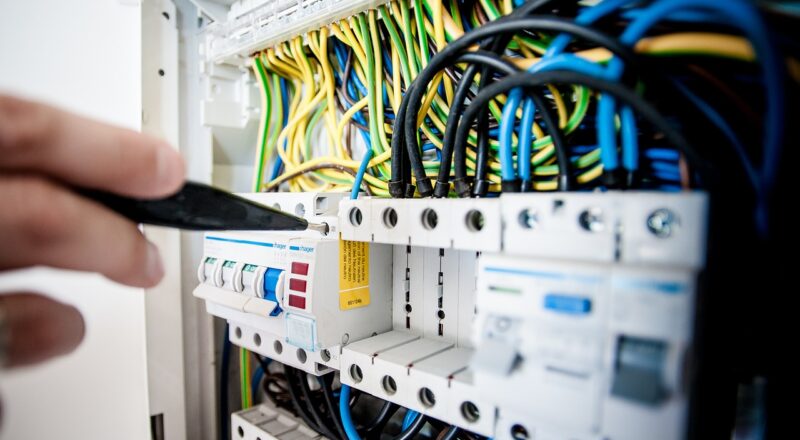Control systems bring speed, accuracy and safety to your manufacturing processes. Control system integrators can help you to select the right control system for your application; integrate it with other equipment such as vision, robotics and motors; provide you with a complete training course for operators; plus much more.
The role of a control system integrator is to ensure that all equipment you install can work together and to provide training for your operators.
Control integrators should be able to advise on the best control system to meet your needs as well as identifying potential problems before they arise. For example, if your process requires a 100% duty cycle for several hours then you will need a motor with a maximum duty cycle of at least 100%. If your control system integrator fails to identify this requirement, you could find that the motor overloads and breaks down.
Control systems integrate a range of components such as sensors, drives, motors and PLCs from a variety of suppliers.
The choice of manufacturers for these elements is usually limited by the control system selected. A few suppliers of motor controls will be able to supply equipment that can integrate with all manufacturers’ PLCs but many offer only products compatible with their own range.
Control system integrators are best placed to advise you on the best match between your requirements and your budget. They should also have a good knowledge of the ranges of equipment available from all motor and control system suppliers as well as their own.
They should be able to recommend the best equipment for your needs, keep up-to-date with changes in the marketplace and make sure that any new products fit easily with existing equipment.
If you rely heavily on machine tools to produce items, a control system integrator can provide a machine test house service.
This will be very useful if you are supplying components to a motor or drive manufacturer as they can check that the equipment is suitable for the job and conforms to their standards.
In some cases it might even be possible to have a special purpose control system custom-built for your application so an integrator may be able to advise on the best approach.
Before installation, an integrator will need to test your control system thoroughly which means testing it against other equipment, simulating actual working conditions and performing tests using specialist software.
You should make sure that you are available for training during the installation process as well as for any future servicing or maintenance work.
Control system integrators are able to advise on the choice of software you need for your control system, train users how to use it and provide ongoing support. They have access to helpdesk services so should be able to deal with any problems quickly and efficiently.
Once installed, your control system integrator will offer full training courses for operators on your new equipment.
They can even provide a dedicated training centre with access to all the machinery you need for production as well as specialist software if required.
This can be an invaluable resource if you are suffering from a shortage of machine tools or factory space that prevent you from carrying out your own testing and qualification work before installation.
